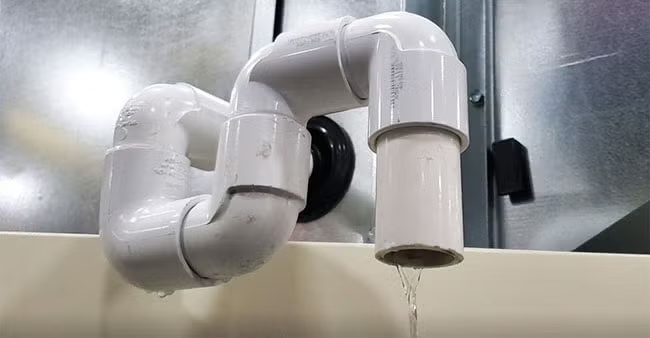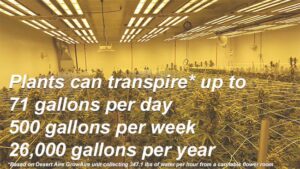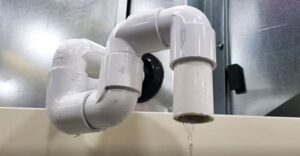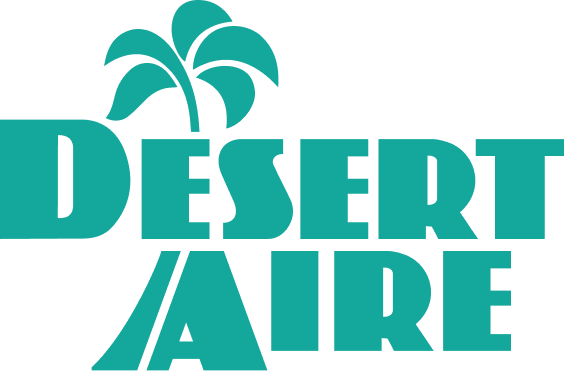
Reclaiming HVAC Condensate Water
Water is part of the cost of plant production, whether it's cannabis or micro-greens. By collecting and reclaiming the moisture transpired by plants as condensate from your HVACD equipment, you can conserve considerable amounts of water.
Overview
Water is part of the cost of plant production, whether it’s cannabis or micro-greens. By collecting and reclaiming the moisture transpired by plants as condensate from your HVACD equipment, you can conserve considerable amounts of water. An HVAC unit’s condensate water from its evaporator coil can be reclaimed to water the plants in the room it dehumidifies. How much water are we talking about?

A large Desert Aire GrowAire unit in a grow room application can collect up to 347 lbs of water an hour. In a cannabis flower room, that would result in as much as 500 gallons of water saved per week with mature plants. That’s 71 gallons a day, 500 gallons a week, 26,000 gallons a year or a typical 18’x36’ swimming pool 4- to 8-ft deep. That’s a lot of water!
Desert Aire’s superior HVAC system evaporator coil coating means condensate water is less likely to pose a risk to plants due to metals and other chemical contaminants in condensate water that’s reused to water plants.


Desert Aire’s HVAC system evaporator coil coating in grow applications provides superior performance in preventing corrosion and fin deterioration. Our coating is a water-based, low VOC coating process engineered specifically for HVAC/R heat transfer coils.
In the coating process, the entire coil assembly is protected. This includes the coil fins, end plates, copper tubing and copper return bends. The coating covers the entire coil assembly. When properly maintained, you can expect the coated coils to provide protection for years. In addition, Desert Aire provides a 5-year coil parts warranty as evidence of its superior protection.
Here’s a guide by Cannabis Business Times to recovering condensate water in cannabis facilities. It includes information about recovering condensate to operate more efficiently and sustainably and to evaluate the quality of condensate.
Learn more about the operational benefits of adopting water-saving practices, and discover effective tools and tips to reduce, remediate and recycle your facility’s water in Resource Innovation Institute’s published Water Circularity Best Practices Guide.
Find a Desert Aire Sales Rep Near You!
Our network of independent representatives are fully trained on Desert Aire’s dehumidification and DOAS solutions and can assist you in designing and sizing your engineered solutions.

